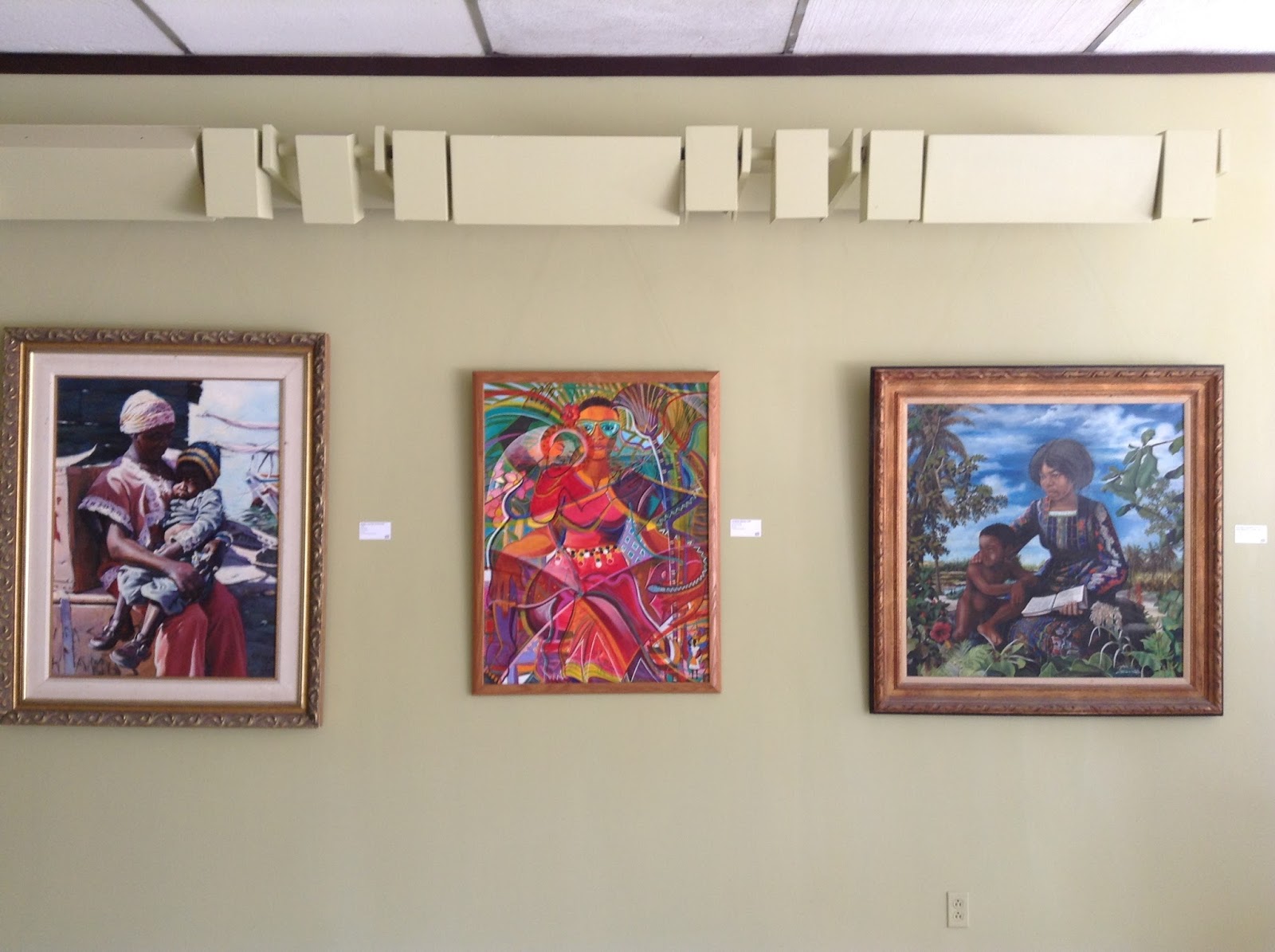
Heating up the region’s cultural arena at the Fiesta del Fuego, the National Art Gallery of The Bahamas recently traveled to Santiago, Cuba to represent The Bahamas at the festival’s pop-up gallery. Santiago is the island nation’s second-largest city and former capital. The city, said to be situated in the heart of the Caribbean, celebrates its 500th anniversary this year.
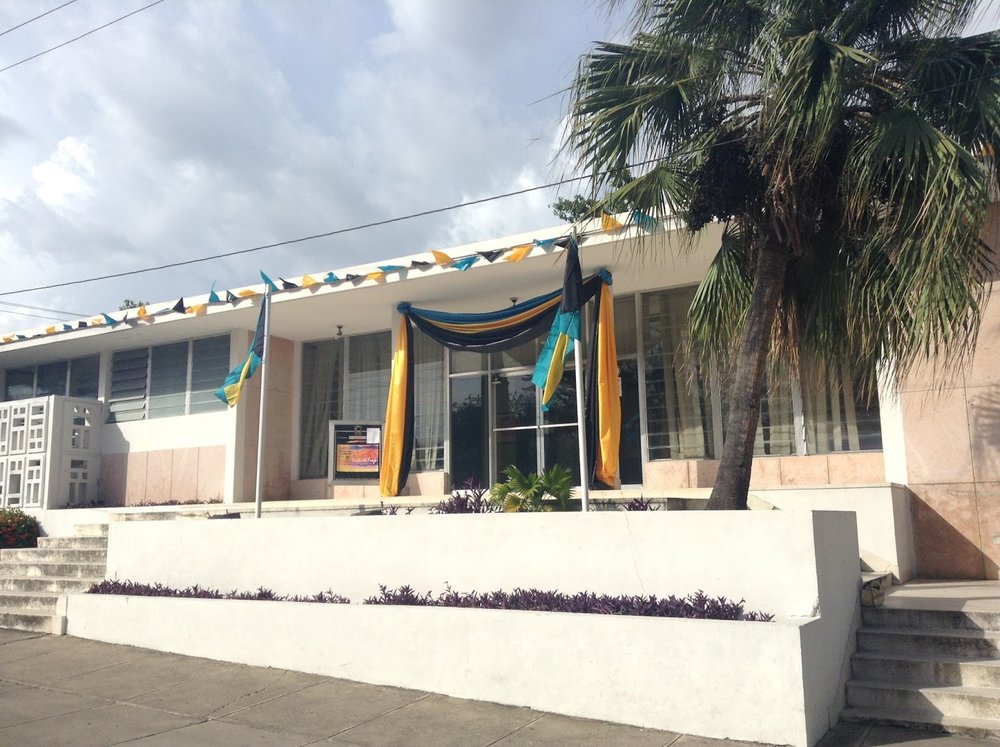
An annual affair, the event welcomes hundreds of delegates from approximately 20 countries during the early part of July. Each year, the festival selects one country to be the ‘guest of honor’; this month, at the 35th edition of the festival, The Bahamas brought its ‘A’ game as the nation of focus.
Reaching out to The Bahamas’ foremost cultural institutions, the Ministry of Tourism and the Ministry of Youth, Sport and Culture invited the National Art Gallery of The Bahamas (NAGB) to take part in showcasing all the country has to offer culturally.
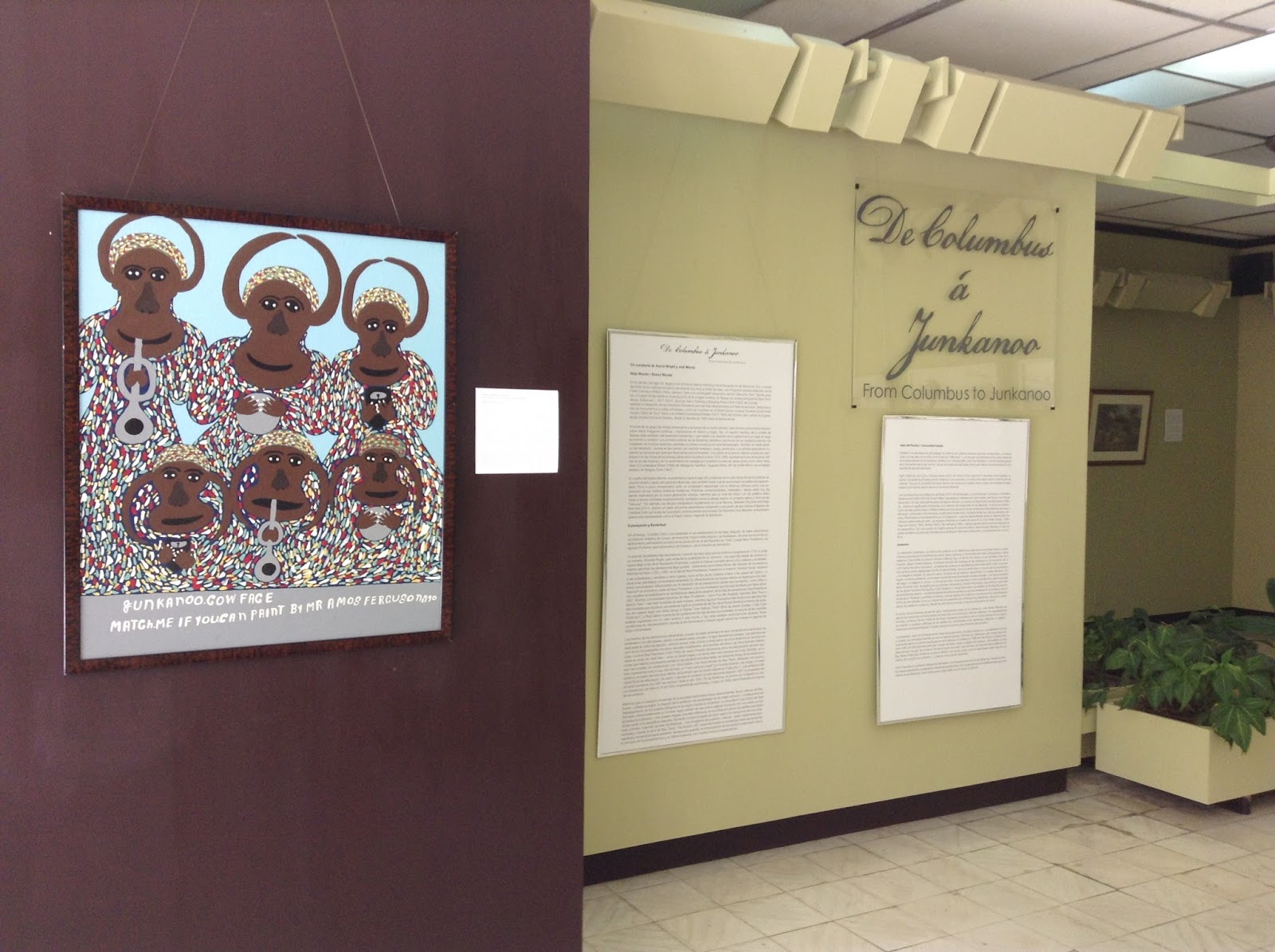
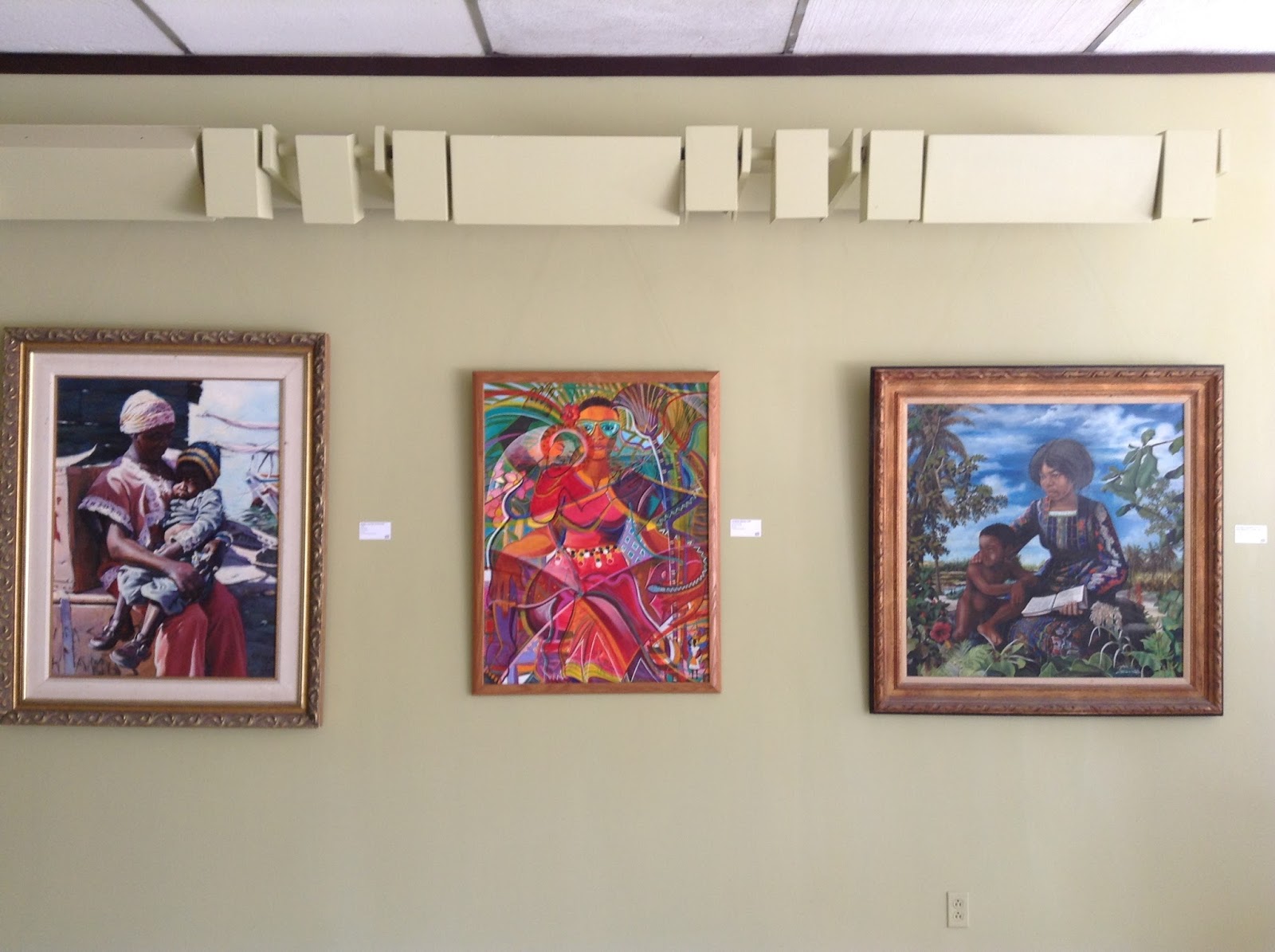
NAGB Director Amanda Coulson, Assistant Curator Averia Wright and Gallery Assistant Jodi Minnis worked around the clock selecting 51 pieces of art from the Dawn Davies Collection, D’Aguilar Art Foundation and National Collection, which they felt could “create an historical overview of the development of Bahamian art and an historical overview of the country”.
She added: “The collection featured work from the turn of the century up until today and which covered various industries and changes in the islands, like the arrival of Columbus, to the advent of Junkanoo, to Bahamian independence.”
At the fiesta, the pop-up gallery was one of 40 culture hubs hosted by numerous regional delegates from their respective countries. The festival spaces were scattered around Santiago and featured music and dance, religious ceremonies, poetry, theater, other art exhibitions and a Junkanoo rush-out, attracting hundreds of locals and visitors from around the world.
A much-anticipated street party, the festival’s objective is to highlight the diverse expressions of creativity while underlining shared commonalities resulting from the historical amalgamation of European, indigenous and African cultures.
This is precisely what Coulson hoped the pop-up gallery’s guests would get out of the exhibition, which featured works by legendary Bahamian artists like Eddie Minnis and Amos Ferguson along with younger artists like Jackson Petit, Kendra Frorup and Lillian Blades.
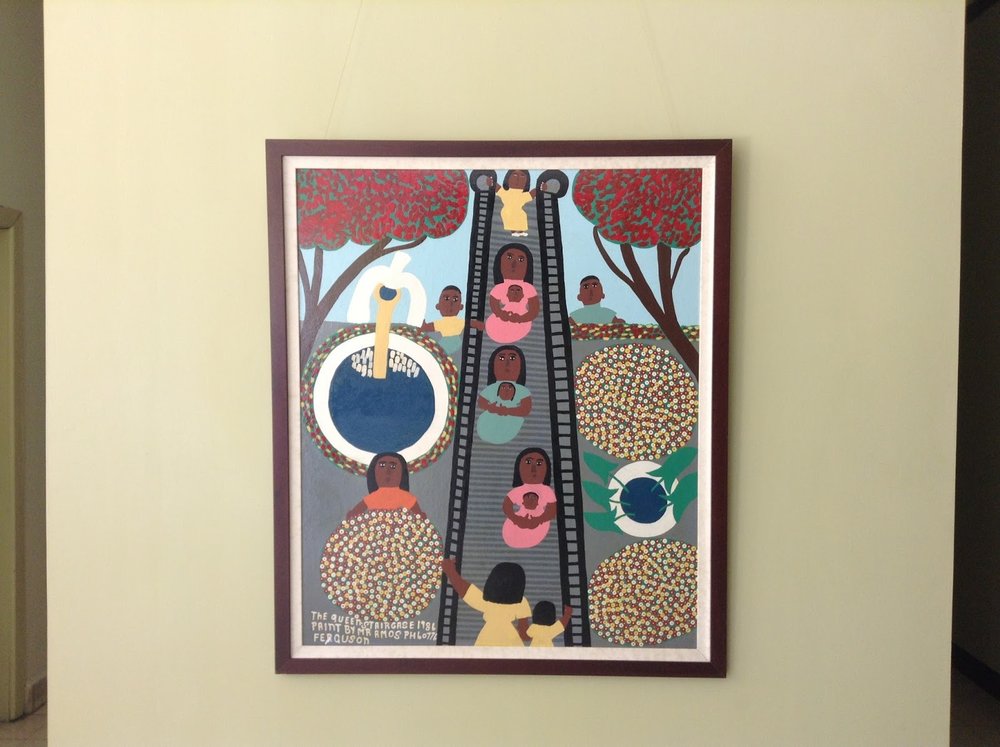
Estimating that 50 percent of the fiesta’s visitors were locals with the other half comprised of international delegates, Coulson said “I hope that the local Cuban population, first of all, saw the great diversity and talent that we have in The Bahamas, but also that they saw that we share so many cultural points and that our histories are common and we can find mutual ground and understanding. This is especially at the fore as they open their doors, that we become friends and good neighbors.”
In a nod to the festival’s name – which can be translated to the Festival of Fire – the excitement culminates with a fire parade leading from the Plaza de Martes to the sea. There, the “burning of the devil” – the dramatic burning of an oversized figure woven from sticks – takes place to exorcise evil spirits and ensure the safety and prosperity of festival attendees until the next year.